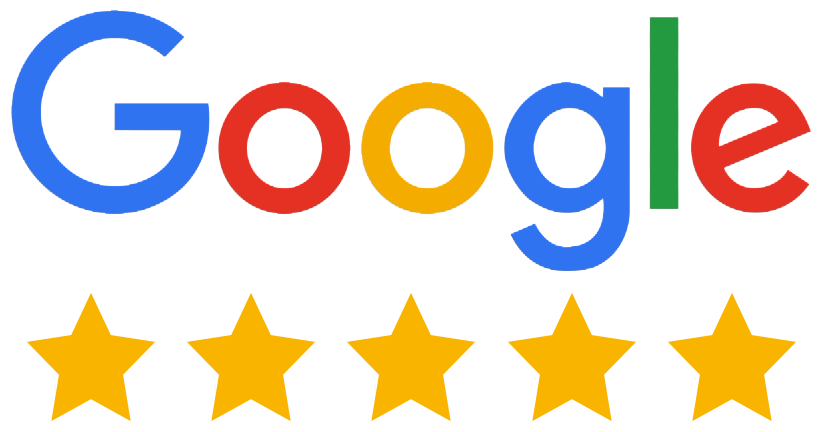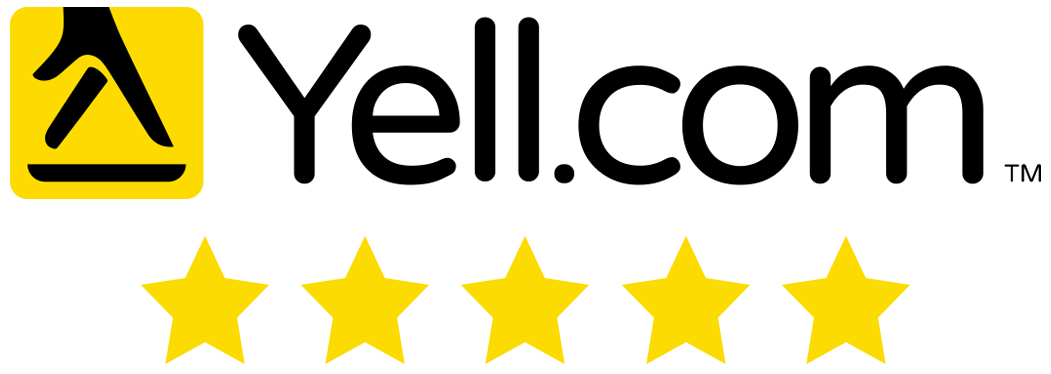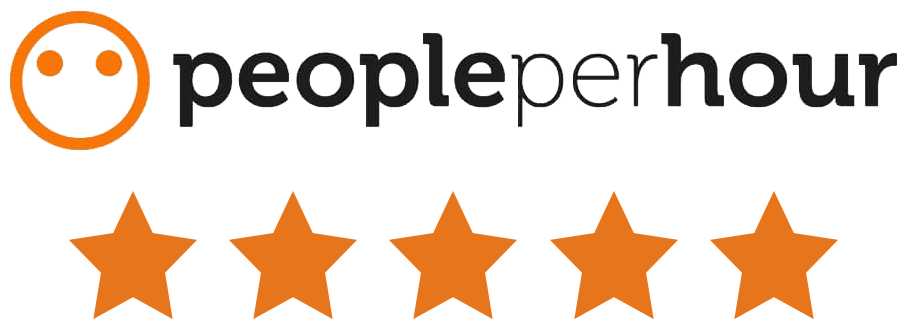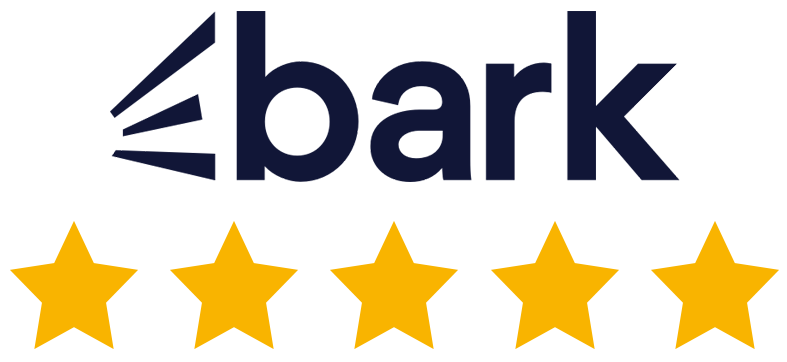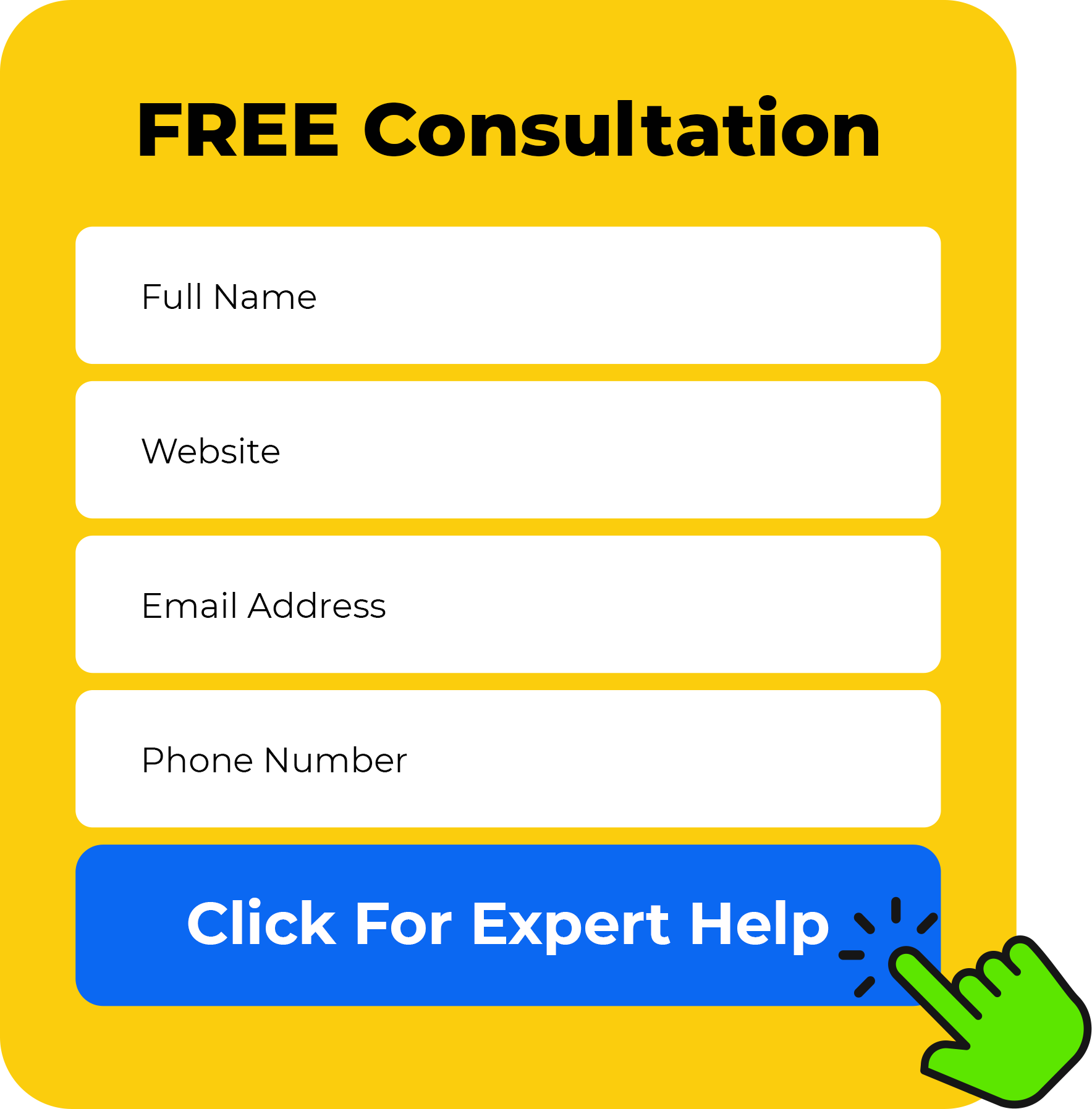
What Is On Page SEO?
If you know a little bit about SEO, you’ll be aware that Google and other search engines use factors called signals to determine how high up websites rank in their search results. On-page SEO is one of the best ways of sending the right signals.
There are aspects that might be beyond your control, but on-page SEO is not one of them. The process involves tailoring your website and the content on it to match the ranking guidelines laid down by Google.
By making even the most subtle of changes and optimizing your website for better visibility and readability, you can climb up the rankings. This will lead to a solid increase in warm prospects for your business.
So what exactly is entailed in on-page SEO? There are aspects such as making your pages load faster, incorporating alt tags, adding meta descriptions, and much more.
Are you already confused by all the technicalities? Don’t worry! At Position1SEO, we specialise in making web pages extremely search engine friendly so that you can start your SEO journey off on the right foot. Get in touch today to learn more about our services and to see some of our past case studies.
On page SEO is one of the three essential elements of search engine optimisation, standing alongside off page and technical SEO. Get these three areas right and you should soon see your pages rise gradually up the search engine rankings and attract more traffic. If you’re concerned that your web pages aren’t receiving as many visitors as you’d like or expect, chances are you need to start rectifying the problem by taking a closer look at your on page SEO.
So what does that mean in practice? Ideally, you or your on page SEO specialist will consider each page in turn and optimise its content and the HTML source code so that it first becomes more visible to and then meets the approval of the search engines. But you aren’t dancing to some arbitrary tune when you do this. Search engines like Google, Bing, and Yahoo are spending a great deal of time, energy, and money trying to divine the intent of their customers when they use their tool to search for information, engagement with like-minded people, goods, or services.
So that means the criteria the search engines use to rank websites are designed to be useful to your ideal prospective customers. By optimising your web pages in line with what the search engines are looking for, you are also getting closer to generating the right kind of traffic to your website.
Now you understand the reasoning behind on page SEO, you’ll see the importance of doing it. But what needs to be done? First, you have to develop a good understanding of what people who buy from you are looking for, and who they are. What search terms do they enter when they want to find what you have to offer? Brainstorm a long list of all those keywords and phrases, then break them into groups that relate to similar topics. Each topic should have its own page with relevant keywords, phrases, and synonyms of those.
Before creating or amending content for each page, carry out some on page SEO analysis of your competitors’ pages. Are there images, videos, full detailed explanations, or short bullet-point lists? How can you craft better content than they have done? What value can you add to your page, that will be more useful to your ideal customers, than what’s already out there?
As a general rule, aim not to duplicate content over multiple webpages, and don’t stuff your pages full of keywords at the expense of clarity and readability. Slot a few keywords and phrases naturally into content that tells your reader what they actually need to know.
Content and its quality are absolutely critical to on page SEO, but almost as important is how to flag that up to the search engines. For this, you might need a bit more technical knowledge of SEO, such as the basics of HTML. For instance, you’ll hear talk of header tags. In essence, this means each page needs a heading that describes the overall topic discussed on the page. This should contain a keyword, which is flagged up to search engines by formatting it in HTML.
Likewise, your text should link internally to other related pages on your website, so search engines and users alike can easily navigate through to find the information they need. Images should be optimised to ensure they are accessible and identifiable to all users – and also to make sure they don’t slow down your page’s loading time. Then there’s the overall layout and formatting of the text itself, which not only improves readability, but can also help your page show up in Google’s Featured Snippets.
Struggling To Achieve All This? Speak to On Page SEO Expert, Position1SEO
We’ve said it before and we’ll say it again – optimising your web presence, even just in terms of on page SEO, could be a full-time job if you went into every nuance and followed every recommendation. And frankly, you don’t have time for that. You have a business to run. So why not leave the SEO to us?
With over ten years of digital marketing experience, during which time we’ve adapted to the ever-changing landscape of SEO, we at Position1SEO have garnered a wealth of knowledge in how to ensure websites stand out to the search engines and your potential customers alike. With appropriate input from you, we’ll determine the ideal keywords and phrases, the terms users actually search for when looking for businesses like yours. We’ll incorporate them into all the appropriate places and craft content for you that answers many of the questions people are looking for answers to. And we’ll flag up to the search engines that your business has the knowledge, skills, products, and services that their end-users are looking for.
In short, we handle the technical detail so you don’t need to. Our first step with WordPress on page SEO and other projects is to assess the quality of what you already have in place. We’ll find out where it’s letting you down in terms of your search engine ranking (and let’s face it, it must be or you wouldn’t be looking for SEO services). Then we’ll target our attention towards maximising the power of what you’ve already done and filling the gaps that need filling.
All you need to decide is your SEO budget. Position1SEO has designed a series of on page SEO packages centred on keywords and phrases so you can choose the most appropriate for your requirements. We can also help with other aspects, such as link building, social media management, and more, to build your brand and your company’s authority in its specialist sphere. And we do all this with full regard for Google’s guidelines. We won’t lead you astray with what are called black hat techniques. Everything we do is designed to increase your web rank and volume of traffic organically and sustainably over a period of time.
We also include Conversion Rate Optimisation which, simply put, means giving your business every chance of turning an increase in web traffic into an increase in sales. And you won’t have to take our word for it, because we also report back to you on a monthly basis so you can see how your presence is growing. We also use these regular reports to adjust our strategy where needed to make sure your website gets ahead of the game and stays there.
If all this sounds attractive and you’d like to discuss the next steps, why not give us a call on 0141 846 0114? If you’re not yet convinced, you could take a little more time to read through the detailed information elsewhere on our website (here at https://position1seo.co.uk/) and take a look at a few of our case studies to see how we’ve helped a growing number of businesses improve their on page SEO and wider web presence as a whole. Speak to an SEO expert at Position1SEO today.
FREQUENTLY ASKED QUESTIONS
How do you do on page SEO step by step?
- Crawl your website to see what the search engines see.
- Carry out an on-site SEO audit and design a logical site architecture.
- Optimise URLs, page titles, and meta descriptions.
- Make sure each URL contains the keyword for the page.
- Drop relevant keywords into each page where appropriate, but don’t keyword-stuff.
- Keep a record of keywords and topics for each page.
Why is on page SEO important?
On-page SEO services are about improving what your visitors see and making it relevant and engaging to your target audiences. It also helps Google find your website and any content on it so it can identify the relevance of your site to users’ search enquiries. Google regularly changes its algorithm to improve the way it interprets searchers’ queries and match those with content that meets visitors’ needs.
What are the types of SEO?
To fully benefit from search engine optimisation, you must work on three areas: on-page SEO, off-page SEO, and technical SEO. Each has its own requirements and tasks, and dividing SEO up into these three categories to develop an action plan for each helps you cover all the bases when optimising your business web presence.
What are SEO tools?
SEO tools help you carry out an SEO audit and assessment of your wider content to see how well they’re doing in terms of Google’s requirements. SEO tools tell you how to improve your site in terms of keywords, backlinks, and so on, and how your competitors are doing so you can adjust your strategy and climb the rankings.
What is the first step of SEO?
Start with on-page SEO. When optimising individual webpages, make sure each has a unique title tag containing your target keyword and describes what information users will find when they click through to that webpage. Don’t use too many keywords in the title tag – just the primary one, then use the remaining space to add relevant information about your page.
How do backlinks help SEO?
The right backlinks can signal to search engines that your content is viewed by reputable, authoritative sites as reputable and authoritative itself. It’s important to note that the quality of your backlinks counts for far more than the quantity. An SEO expert like Position1SEO can also help with your backlink strategy.
What makes a good SEO ranking?
- Having a secure website that’s accessible to users.
- Fast-loading pages, especially when viewed on mobile devices.
- General mobile-responsiveness.
- The age of your domain, a relevant URL, and authority from good backlinks.
- Fully optimised content.
- Good technical SEO.
- Positive user experience (use tools like RankBrain).
What are on page and off page SEO techniques?
On page optimisation with SEO focuses on the content on the webpages that you own and are under your control. Off-page SEO is more about generating better authority for your website and brand through creating good content and quality backlinks from other trusted websites.
What is on page SEO score?
On-page SEO scores are calculated by testing website performance in four main categories: technical aspects, content, user experience, and mobile-responsiveness. The final calculated figure gives you an indication of how your site measures up in the search engines’ eyes. The higher your score, the higher you’ll appear in search engine rankings and the more organic traffic you’ll receive.
What is a keyword in SEO?
Keywords are the words people use when searching for what you have to offer. If you determine the right keywords from the outset and use them well, people are more likely to find your site through search engines. The trick is identifying the keywords used by your ideal customer and then optimising your site for them well. WordPress on page SEO is made easier with WordPress tools like Yoast.
Tips For Optimising Your Website
- Analyse your target market and the keywords they’ll use when searching for sites like yours. See what words and phrases your competitors use, measure how well your site is currently performing, and identify areas for improvement.
- Clearly define objectives: more traffic, more conversions, etc? What improvements would you like to see? Which pages are most relevant for which keywords?
- Optimise each priority page with keywords placed in page titles, meta tags, and within the content. Develop a site map to enable search engines to crawl your pages better.
- Test and monitor your webpage engine optimisation
Effective Strategies For Creating On Page SEO
On page SEO can be bewildering. Here are a few easy places to start:
- Ensure each page has an H1 tag clearly explaining to search engines what the page is about.
- Begin each page with your chosen keyword so site visitors and search engines know what content to expect.
- Add modifiers like ‘best’, ’cheap’, or a geographical location to titles to help visitors identify what they’re searching for.
- Use H2 tags for subheadings for structuring.
- Use your main keyword in the first 100 words of text.
- Use internal links to encourage further reading.
Different Factors That Determines Ranking On A Particular SEO Page
These are the areas a good on page SEO company will focus on to improve your ranking:
- Density of keywords used appropriately.
- Bounce rate: how often site visitors leave one of your pages without visiting any other.
- Metadata: should accurately describe your pages’ content.
- How much social media traffic your pages generate.
- Links: authoritative outbound, internal and backlinks raise your credibility.
- Site security (SSL certificate).
- Mobile responsiveness.
- Speed of page loading.
- User experience.
- Expertise, authority, and trustworthiness of content.
Things You Need To Know When Hiring An SEO Consultant
- Don’t expect an instant fix: good SEO takes time. If guarantees seem too good to be true, they probably are.
- Do expect to spend money on an on page SEO agency. The cheapest options are invariably a false economy.
- Good SEO improves your site visibility and traffic – it can’t compensate for poor products or bad customer service.
- Hire an SEO consultant that focuses on meaningful results: e.g. conversion of visitors to paying customers, rather than just increased visitor numbers. Your ROI is the most important factor.
Simple Guide to On-Page Search Engine Optimisation
Select the keywords most appropriate to your page of content. If it’s not clear what they are, then it won’t be clear to your visitors either. Optimise your page title with the primary keyword and make sure it’s unique.
Create a unique, informative meta description and a URL, both containing your primary keyword. Each page should also begin with an H1 featuring the keyword. Use your primary keyword and secondary keywords naturally but sparingly throughout the content.
Include a call to action and links to internal, relevant pages. Optimise all images on each SEO webpage in file names or ALT-text.
Ready to get to grips with your on page SEO? You don’t have to handle it alone. Call Position1SEO for expertise in all areas of search engine optimisation and watch your website and overall web authority improve month on month. Call us today on 0141 846 0114.


